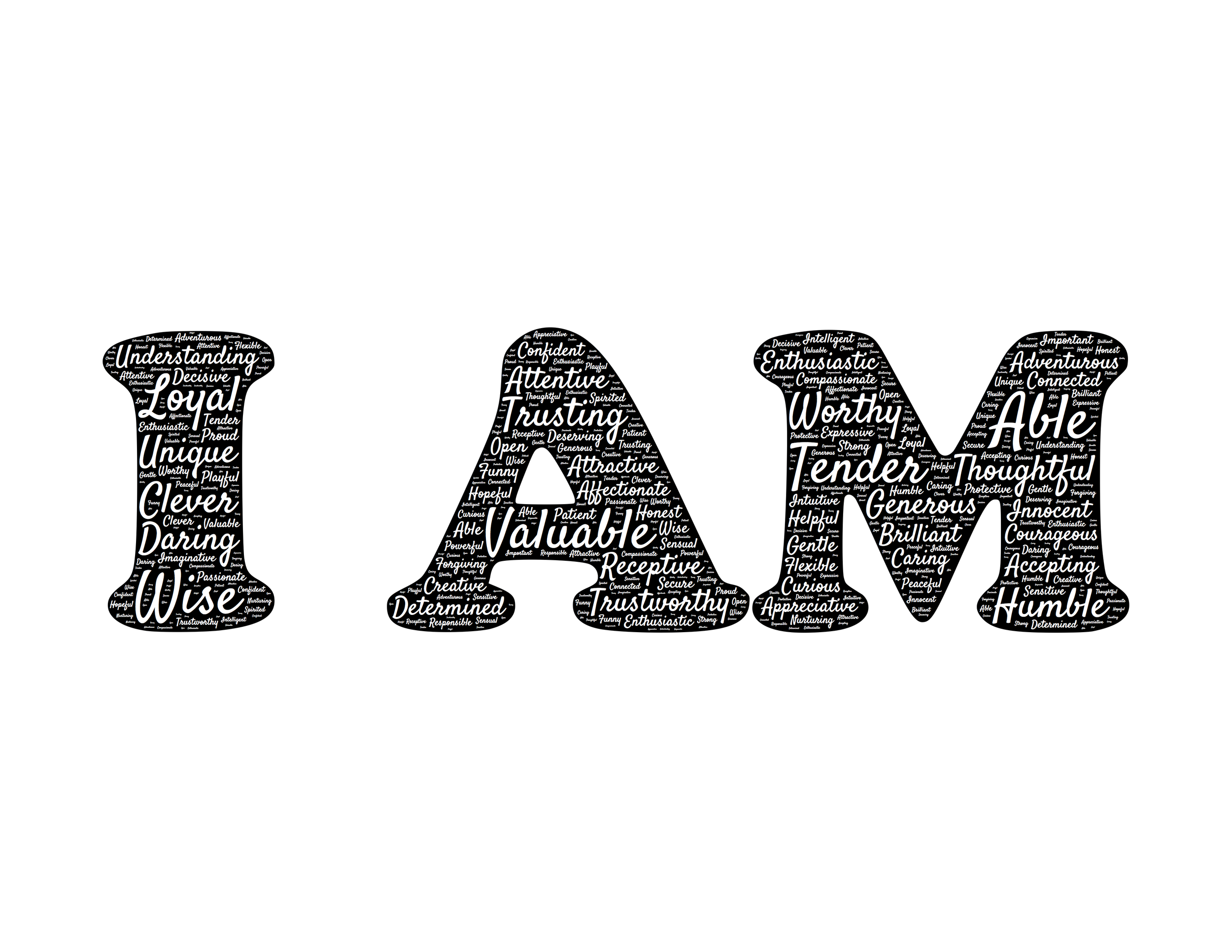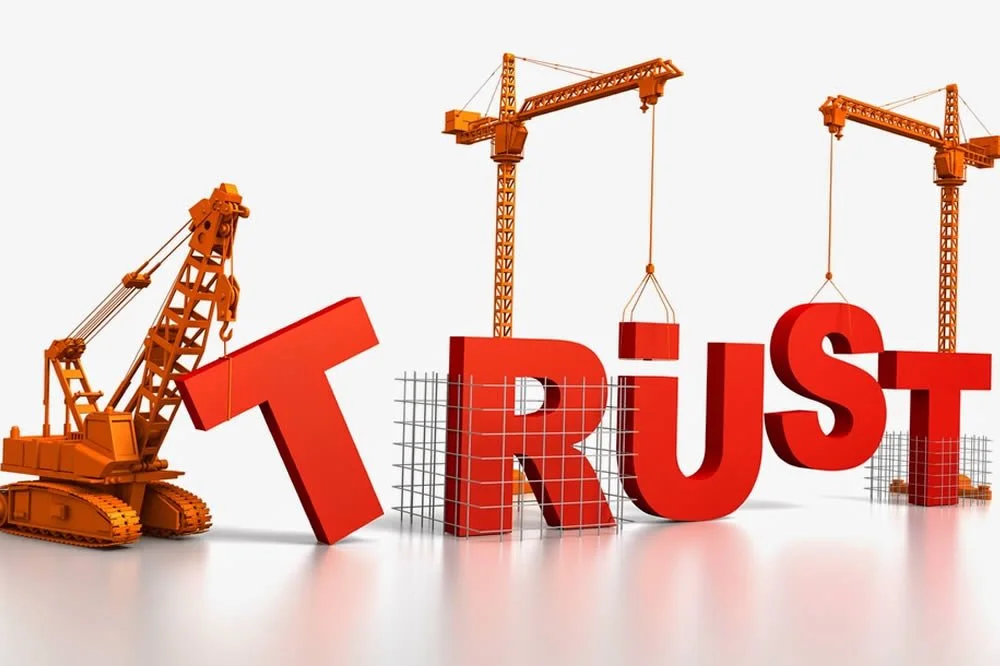For many people, the holidays don’t feel like a celebration—it feels like emotional triage. Family gatherings can bring warmth and connection, but for those with toxic, neglectful, manipulative, or emotionally volatile relatives, the holidays can trigger anxiety, resentment, shame, and old pains. When your family system includes addiction, mental health issues, or trauma, sitting around the table can feel less like gratitude and more like survival.
If this sounds familiar, you’re not alone. Learning how to deal with difficult family members—especially during the holidays—starts with protecting your peace, setting healthy boundaries, and accepting what you can’t control.
Understanding Family Dysfunction and Emotional Triggers
Difficult family dynamics often stem from intergenerational trauma, unresolved grief, or learned patterns of dysfunction. You might have grown up with a parent who was emotionally unavailable, controlling, or abusive—or in a home where addiction, denial, and chaos were the norm.
Attachment theory tells us that these early experiences shape how we connect with others. When your emotional needs weren’t met in childhood, you may have learned to over-function (caretaking everyone else) or under-function (withdrawing to stay safe). Recognizing these patterns is the first step in breaking them.
You can’t change your family’s history, but you can change how you relate to it.
How to Set Boundaries with Unhealthy or Toxic Family Members
Boundaries aren’t selfish—they’re essential. They protect your energy, sanity, and sense of safety. When a family member is manipulative, dismissive, abusive, or neglectful, setting clear limits is an act of self-respect. Reflect back the behavior you’re witnessing that you’re setting a boundary with.
Examples of healthy boundaries during the holidays:
“I’m not comfortable talking about that topic, and I would appreciate it if you would stop pressing the issue.”
“If voices are raised or alcohol becomes an issue, I’ll step away.”
“I love you, and I won’t participate in conversations that involve blaming or shaming.”
Boundaries are about how you choose to respond, not how others behave. You can’t force a toxic or unhealthy person to change, but you can decide what you’ll tolerate. Each time you hold a boundary, you’re teaching your nervous system that you’re safe now—that you can trust yourself to stay grounded and protected.
Communicating Authentically & Effectively When Emotions Run High
During tense family interactions, staying calm and clear is key. When communication breaks down, try using “I” statements to express your needs without escalation:
“I’m finding it difficult to be open or honest with you when ___.”
“I need to take a break right now.”
“I would like to feel safer and more connected to you right now.”
This approach helps you speak your truth without feeding into old patterns of conflict. Remember: you’re not required to defend your boundaries. A simple, calm “No, thank you.” is enough.
* Authentic communication means expressing your needs, feelings, and limits from a place of honesty rather than performance or guilt. It’s the opposite of pretending everything’s fine when it’s not. Instead of placating to keep the peace or matching someone’s hostility, authenticity invites real connection. It might sound like, “I care about you, but I also need to protect my peace,” or “I want to spend time together, but only if we can do it respectfully.”
Authentic communication helps you stay in integrity with yourself. It allows others to see the real you—not the version shaped by family expectations or emotional survival. And if someone can’t receive your truth with respect, that tells you more about them than about you.
Healthy communication is about self-regulation—staying aware of your emotional state, taking space before reacting, and using distress tolerance skills to help you stay connected to the present moment. That’s especially important when dealing with relatives who thrive on drama, guilt, or dismissiveness.
Practicing Radical Acceptance
Sometimes, the healthiest thing you can do is accept reality as it is. Radical acceptance—a concept from Dialectical Behavior Therapy (DBT)—means acknowledging that some family members may never change. Your parent may never apologize. Your sibling may continue unhealthy behaviors. Your family may remain resistant to healing.
Acceptance doesn’t mean you approve of their choices—it means you stop fighting what you can’t control. This frees you from the emotional tug-of-war that drains your energy. You can grieve the family you wish you had while still honoring the person you’re becoming.
When you practice radical acceptance, you stop trying to manage others’ dysfunction and start focusing on your own growth.
Healing Attachment Wounds and Rebuilding Trust
If you grew up in a home where you didn’t feel seen, safe, or supported, it’s normal to struggle with trust and connection. Healing from these attachment wounds takes time—but it’s possible.
Try these strategies for emotional repair:
Rebuild safety through healthy relationships: Seek connections with people who are reliable, empathetic, and consistent. These “earned secure” attachments can rewire old patterns.
Reparent your inner child: Through therapy, journaling, or mindfulness, offer yourself the compassion and care you didn’t receive growing up.
3. Ground yourself before, during, and after family interactions: Deep breathing, somatic grounding skills, meditation, or even short walks (or just moving your body in whatever way it wants to move in the moment) can help reset your nervous system.
4. Focus on chosen family: Family isn’t limited to blood—it’s made up of the people who show up and truly support your healing and growth.
Finding Gratitude Without Denial
Gratitude doesn’t mean pretending everything’s okay—it means noticing what’s still good amid the chaos. Maybe it’s your commitment to growth, your ability to stay calm when provoked, or your courage to set a boundary for the first time.
This holiday, gratitude might look like choosing peace over participation, saying “no” without guilt, or simply recognizing how far you’ve come since last year.
Call to Action: Begin Your Healing Journey
You don’t have to keep repeating your family’s story. Start this season by identifying one way to repair your relationships—whether that’s reaching out for therapy, practicing forgiveness for your own sake, or simply choosing not to engage in old patterns.
Healing from toxic family dynamics isn’t about fixing others; it’s about freeing yourself. You deserve connection that feels safe, love that feels steady, and peace that doesn’t require self-abandonment.
***
Weston Zink is a Licensed Professional Counselor and Licensed Addictions Counselor in the State of Colorado, and the founder of Breakthrough Recovery of Colorado, where he specializes in helping individuals navigate the complex challenges of trauma, addiction, and recovery. With over a decade of clinical experience in trauma and addictions counseling, Weston brings a grounded, compassionate, and evidence-based approach to healing work, guiding clients toward lasting change and self-discovery.
Weston is an EMDR Certified Therapist, Consultant-in-Training, and member of EMDRIA since 2022 who’s working to heal traumatized people and communities at home and abroad.
Known for his ability to tackle tough topics with honesty and heart, Weston blends professional insight with a down-to-earth style that resonates with those ready to do the deep work. When he’s not in session, you’ll likely find him hiking Colorado’s rugged trails, volunteering with Rampart Search & Rescue, reading and writing about the human experience, or enjoying meaningful time with family and friends.
At Breakthrough Recovery of Colorado we are here to help you recover from trauma, addiction, and/or other mental health issues that are plaguing your life, harming your relationships, and getting in the way of you living the life you truly want. Learn more about how we can best serve you at: https://breakthroughrecoveryco.com or schedule a free consultation with us at:
https://breakthroughrecoveryco.com/schedule-therapy-consultation-appointment.
* DISCLAIMER:
The information and resources contained on this website or affiliated media are for informational purposes only and are not intended to assess, diagnose, or treat any medical and/or mental health disease or condition. The use of this website or affiliated media does not imply nor establish any type of therapist-client relationship. Furthermore, the information obtained from this site or affiliated media should not be considered a substitute for a thorough medical and/or mental health evaluation by an appropriately credentialed and licensed professional.
This website or affiliated media includes links to other media that’s strictly for informational and reference purposes only. This website or affiliated media does not endorse, warrant or guarantee the products, services or information described or offered at any other website cited therein. Please examine the content carefully.
Due to the public nature this website or affiliated media, Breakthrough Recovery of Colorado cannot guarantee the confidentiality of any client who post, like, or shares content posted by Breakthrough Recovery of Colorado or its affiliates. While your support is greatly appreciated, please do so at your own risk.











